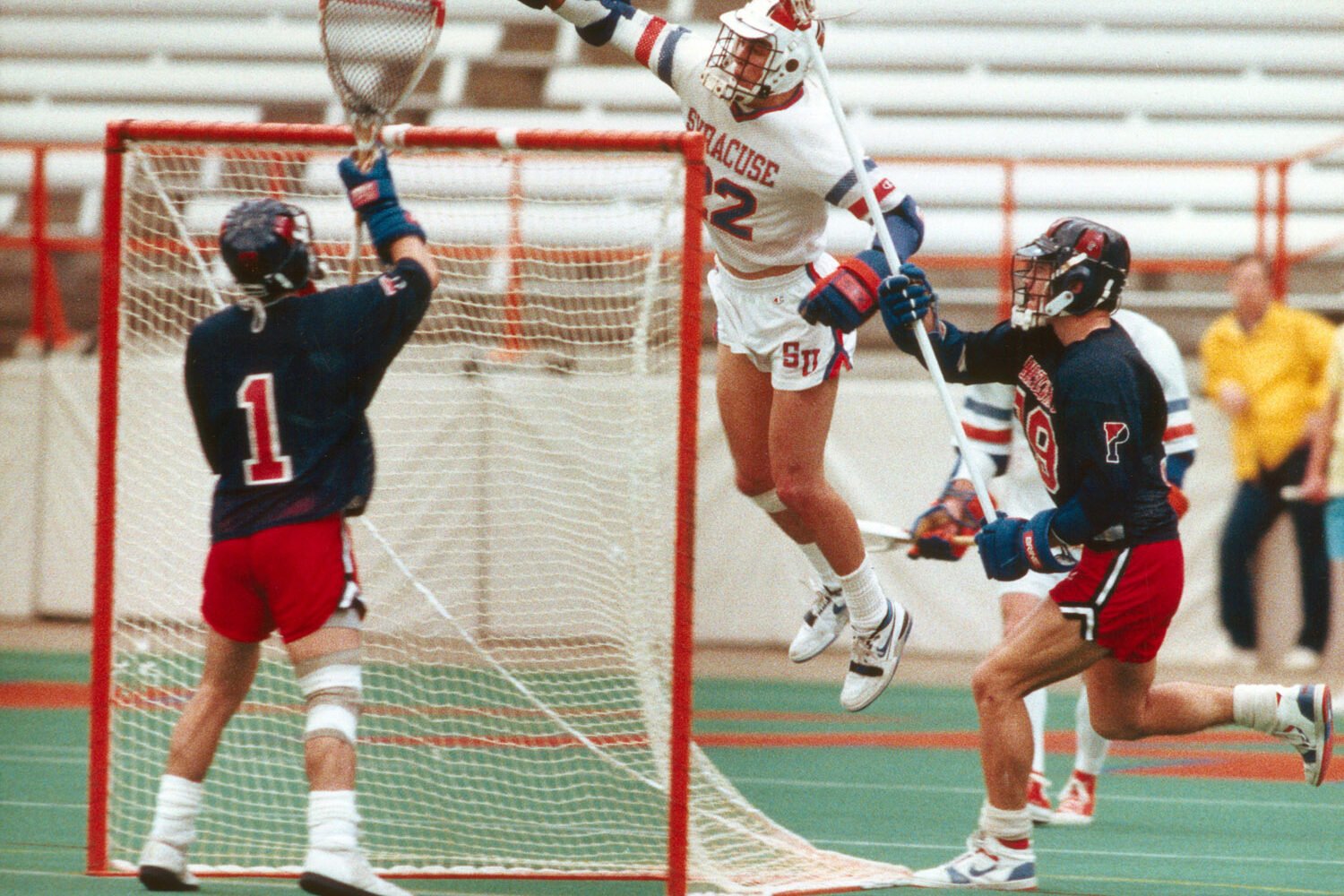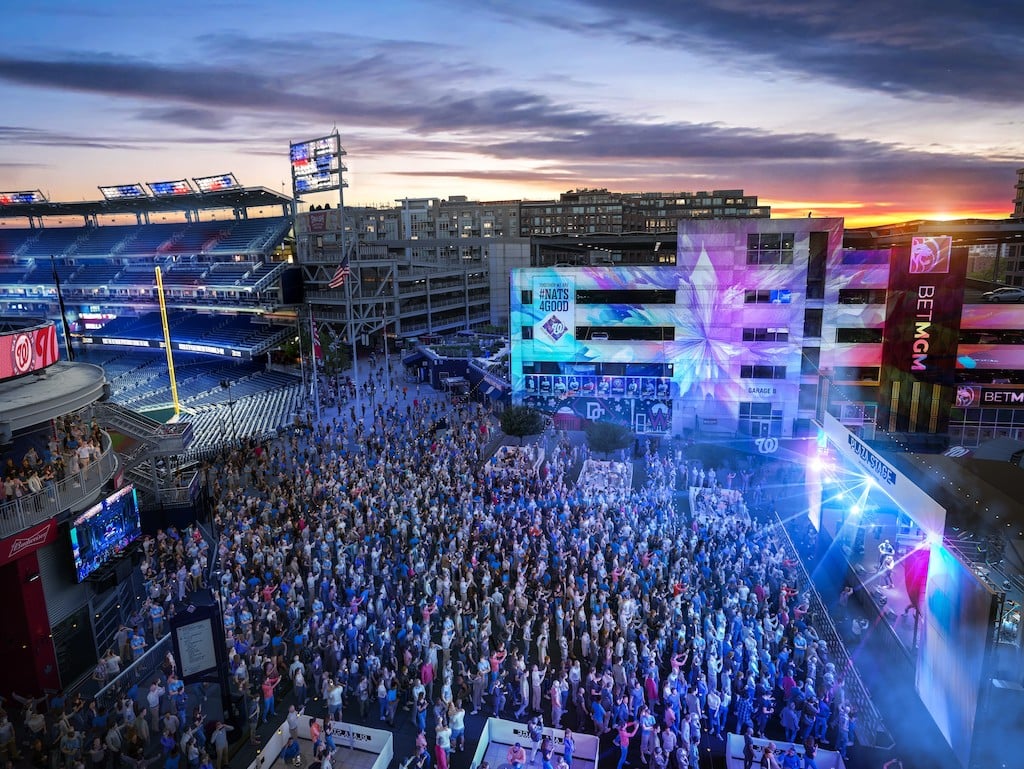Contents
The former Montreal Expos arrived in late 2004 with no staff, decrepit facilities, and less than six months to establish a big-league operation in DC. And while the on-field ups and downs of the new Washington Nationals were well documented, the backstage bloopers and mishaps of that panicked first season in ’05 were not. Now, with the world-champion Nats safely established as one of baseball’s best-run franchises, a look back on a year of exploding rats, stolen cars, and unlit bathrooms—starring the folks who lived through it all.
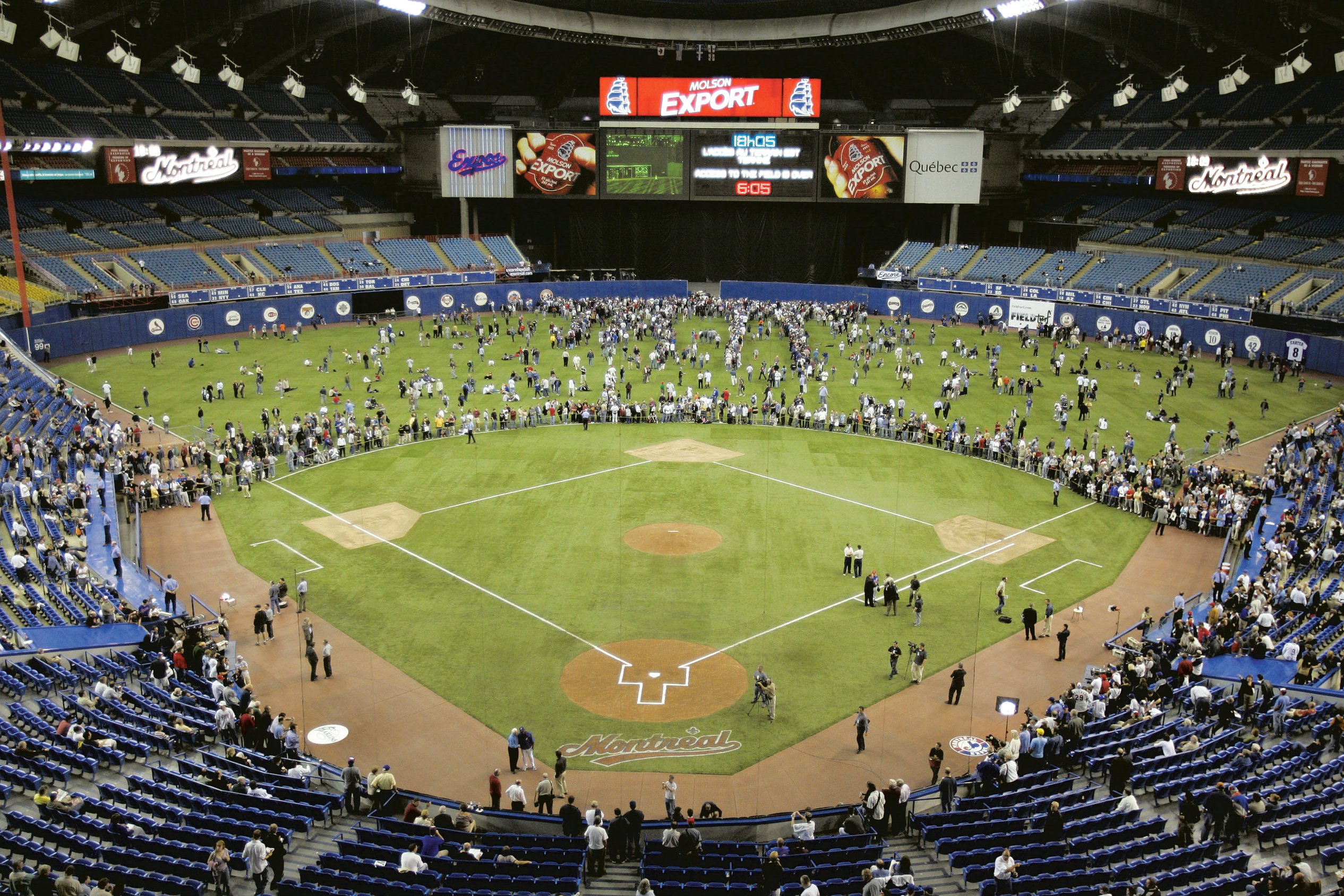
Prologue: Montreal
Tony Tavares, Montreal Expos president and CEO: “The day before our last game in Montreal, we get a call from Bob DuPuy, Major League Baseball’s number-two guy. He says, ‘Before you hear this from somebody else, we’ve made a decision: We’re moving the team to DC.’ I said, ‘Okay. No problem.’ He said, ‘But the bad news is it’s already gotten leaked to the press.’ I said, ‘Oh, my God.’
Elias Makos, Expos public-relations staff: “Montreal has a history of rioting. There was a riot at Olympic Stadium when Guns N’ Roses stopped a concert like an hour in—there were 50,000 people there, and they completely destroyed the place. The last time the Canadiens won the Stanley Cup, there was a mini-riot.”

Tony Tavares: “I ordered up 100 extra police officers. They were in riot gear, and we had them stationed throughout the stadium. I watched the game in the press-box area, and I got binoculars and I’m looking to make sure there’s no issues. All of our people are on alert. And all of a sudden, some golf balls started getting thrown.”
Brendan Harris, Expos in-fielder: “I got hit in the foot. I went over to the third-base-line umpire and he goes, ‘Well, throw it back.’ ”
Ted Barrett, umpire: “Manager Frank Robinson pulled the team off the field. It was very tense. We’re thinking, ‘We might have to forfeit this game.’ ”
Tony Tavares: “I go downstairs and get in the dugout. I said, ‘Frank, if you don’t get the team back on the field, somebody is going to get hurt. We are going to have a riot. If you don’t play this game, these people are going to go crazy.’ I said, ‘I will take the responsibility if somebody gets injured.’ And he said, ‘Okay, fine.’ ”
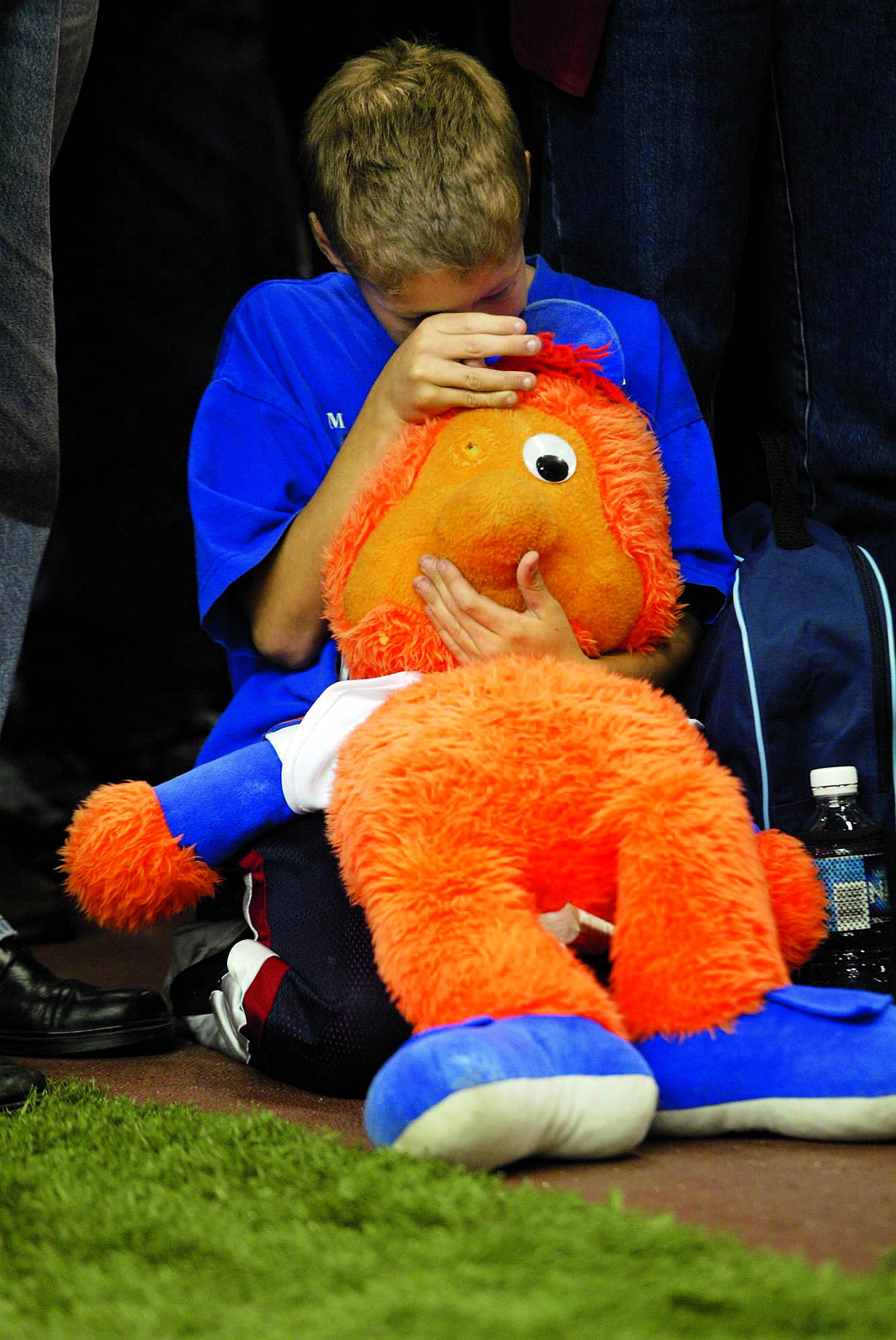
I. Winter in Washington
Tony Tavares: “Because of immigration laws, the only people we could take with us to Washington were our players and our baseball operations people. Our marketing and ticket salespeople, sponsorship salespeople, front office, secretaries—all of that stuff, they didn’t have skills that were irreplaceable. So all of that got left behind.”
Kevin Uhlich, Nationals executive vice president: “We started from scratch. I met Tony in DC the second week of November of ’04, and he told me, ‘We’ve got to get 50 to 60 people for the front office. We’ve got to sell radio and TV ads. We’ve got to come up with a ticketing system. We’ve got to sell season seats and price them. Oh, and by the way, we are going to do an $18-million renovation of RFK Stadium. And we have to have all of this done by April, for Opening Day.’ ”
David Cope, VP of sales and marketing: “We were doing anywhere from nine to ten months of work in about five months.”
Tony Tavares: “We set up shop in the Hilton hotel where the assassination attempt on President Reagan was made. That was our home base to start interviewing people, to basically create a whole organization. We had a dining-room table and we turned it into a conference table, and the stacks of résumés and information were just brutal. And then once job candidates found out where we were, they were showing up in the lobby and asking to come up. We were inundated.”
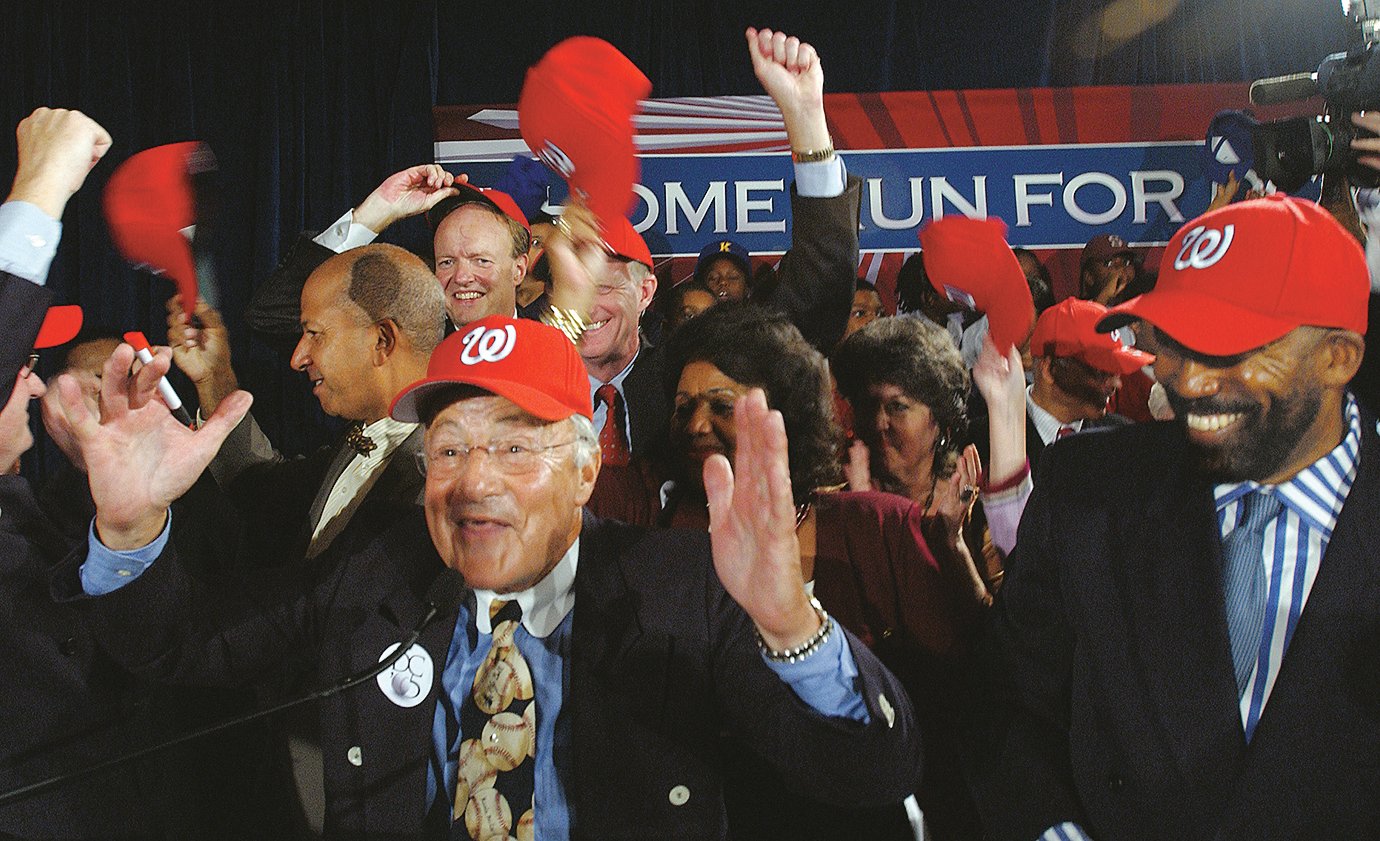
Derek Younger, director of ticketing: “The office inside RFK Stadium that we were moving into was in disarray. There was flooding, there were birds living in it. We knew we wanted to be together and we needed to be somewhere, so the decision was made to outfit one of the parking lots with trailers.”
Carleen Mitchell, director of marketing and promotions: “There were cubicles, but there weren’t enough. Our bathroom was a port-a-potty. When it got dark, we would walk there in groups.”
David Cope: “The very first night, I worked late and really had to go to the bathroom. I got to the port-a-potty, and I open the door and it’s frickin’ pitch-dark. So I held it in. But the next day I had a flashlight. So when I had to go to the bathroom—this time it was just number one—I put the bottom of the flashlight in my mouth and pointed down in that area. I’ll never forget that.”
II. The Stadium
John Dever, Nationals director of baseball information: “The first time I laid eyes on RFK Stadium, I was with new general manager Jim Bowden. It was a wet day. It was cold. We walked out onto the field, and it just looked terribly dank and gray. It was near dusk, and it was just—I don’t know if it was depressing, but it was just hard to envision the green grass and baseball and a home team with 35,000 people in the stands.”
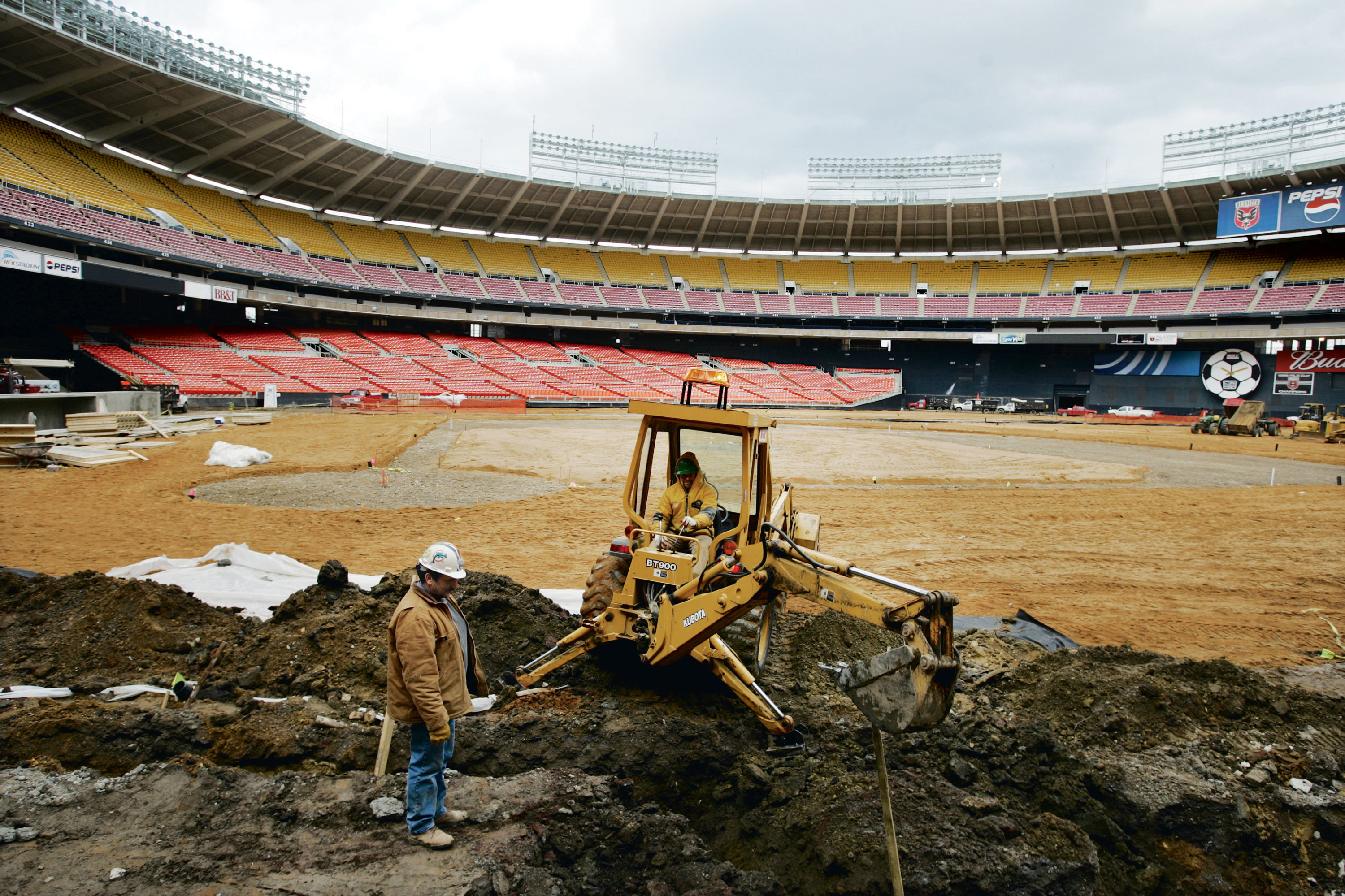
Allen Y. Lew, CEO of DC Sports and Entertainment Commission, who oversaw the RFK renovation: “People don’t realize how old RFK was. They broke ground on the stadium when Dwight Eisenhower was President. John F. Kennedy threw the first pitch. When we started power-washing the stadium, we didn’t realize it was going to pop out all the caulking, weather-stripping, the stuff that was holding the place together. It just blew everything out.”
Tony Siegle, Nationals assistant general manager: “If you needed to give the world an enema, that’s where they would have stuck it. It was a horrible, horrible place. Rat-infested. Filthy. Decrepit. You name it.”
Josh Rooney, scoreboard producer: “The contractors handling the renovation were running wires from a truck outside the stadium up into the control room. I called over and said, ‘You guys are out of your mind. None of these lines are labeled. How am I supposed to interpret this?’ It was like you open up a box of spaghetti and all of the noodles fall out. That’s what this looked like. The contractor told me point-blank, ‘Josh, this building needs $250 million in renovations, and we’ve got $18 million. So just deal with it.’ And he hung up on me. That’s the kind of job I was walking into.”
Josh Golden, director of entertainment and events: “We had a scoreboard that had only functioned for soccer. We had no entertainment crew. I remember doing auditions for the Nat Pack, and because I had nobody to do it with me, my fiancée sat there with me. After meeting the first 30 people, she looked at me and said, ‘You are so screwed.’ And she was right.”
Aaron Chang, ballpark operations manager: “I’m there mid-February, and it’s basically two months to Opening Day. At that point, the field is basically a pit of dirt. There wasn’t even grass. It’s like, how are we ever going to get this ready?”
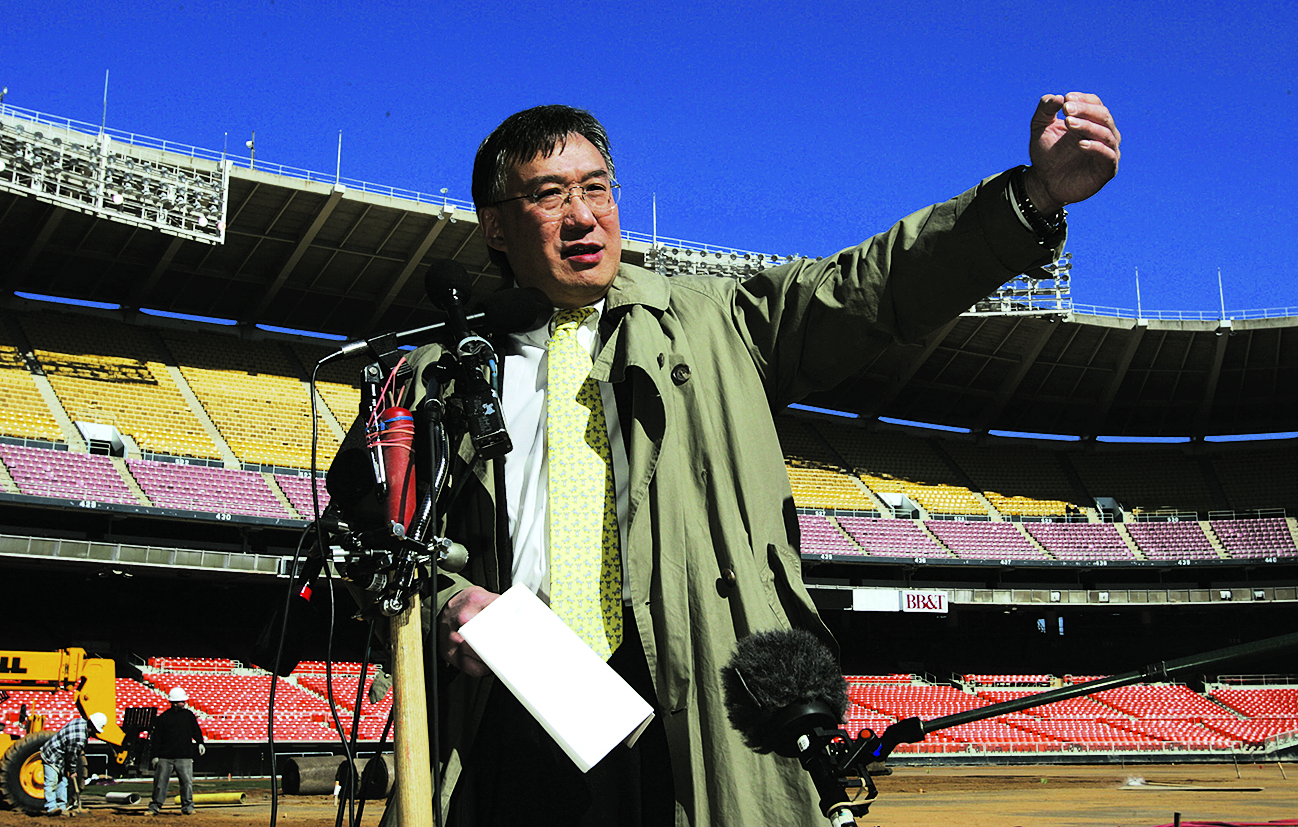
Tony Tavares: “I had assurances that it was going to be ready. I had doubts in my mind.”
Aaron Chang: “To me, coming from the political world, it felt very much like a campaign. It was this band of people—we didn’t have enough people, a number of us hadn’t worked in baseball before—and we all had this common goal. It was sort of like an election day. You know Opening Day is coming whether you are ready for it or not.”
Back to TopIII. Warm-Ups
Ryan Church, outfielder: “We couldn’t wait to break camp and get up there and see what the home was going to be like. You could just feel the excitement.”
Chad Cordero, closer: “The first thing I remember where I thought maybe this isn’t going to be that great was our first exhibition game. The temperature was in the low 30s, and we were all excited to take a hot shower afterwards. But when we got into the locker room, there was no hot water. So it didn’t really get off to the best start.”
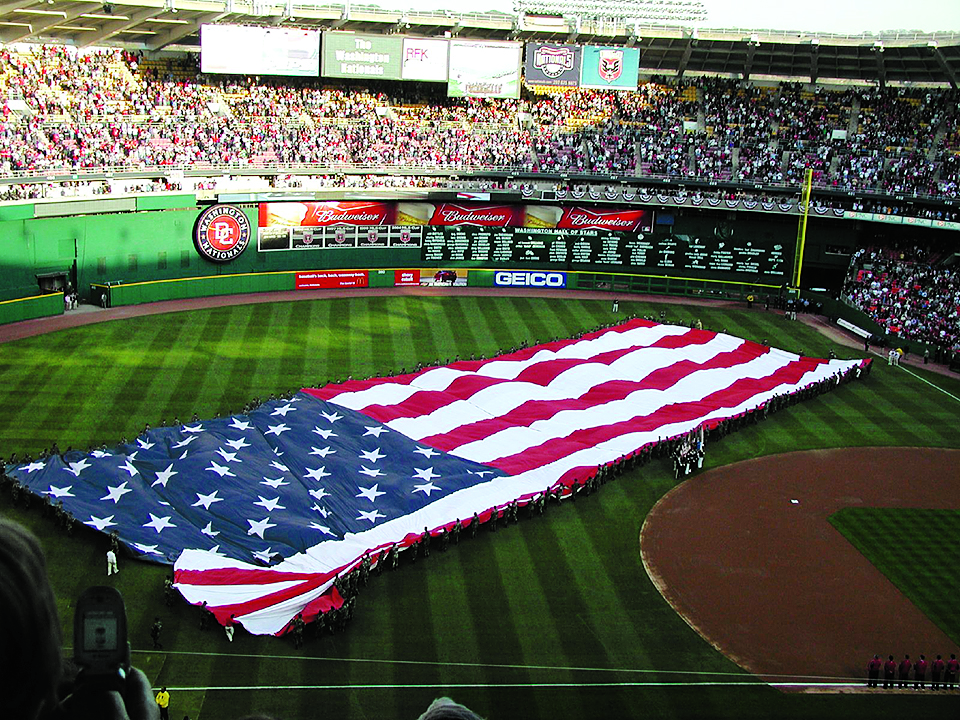
Mel Proctor, TV play-by-play announcer: “The day before the season began, they called me and said, ‘You’ve got the job.’ I had no idea who my broadcast partner was going to be. They hadn’t decided. So I get to Philadelphia for the first game of the season—a road game—and I’m getting ready to get in a cab and I still don’t know. So I see somebody I recognize. I didn’t know him but I recognize him, [former pitcher] Ron Darling. He came up to the cab and opened the door to get in. I go, ‘Are you my partner?’ He says, ‘Yeah, you’re Mel Proctor, right?’ I’d never met him before. And we had to go do the biggest game in Washington history. It was crazy.”
Back to TopIV. Play Ball!
Joe Hickey, director of sponsorship sales: “[The day of the home opener] was a beautiful, sunny day. We were putting up sponsorship signs on the outfield wall and in the dugout. It was about as last-minute as you can possibly imagine.”
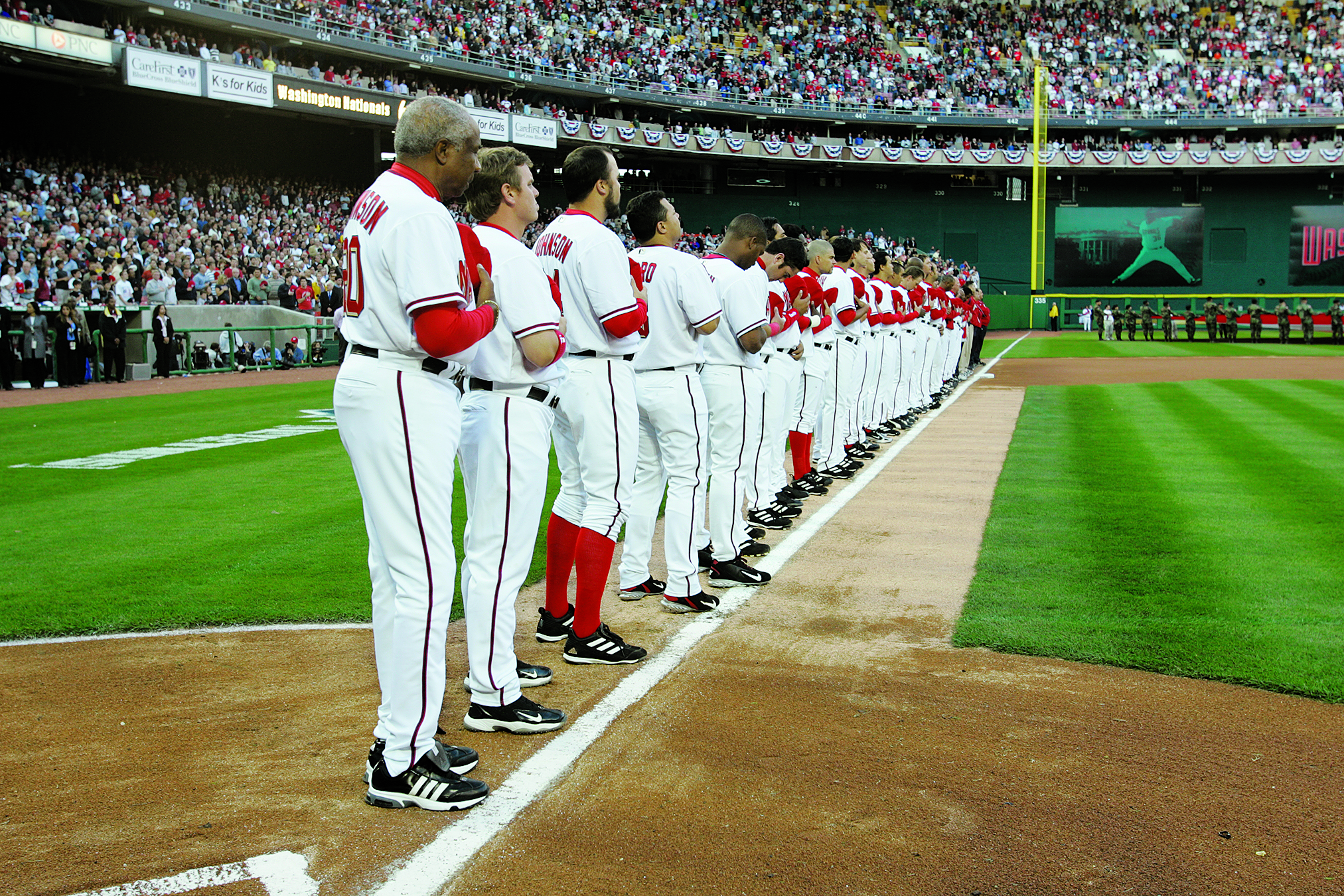
Derek Younger: “Not only do you have upwards of 45,000 people showing up on Opening Day, but you also had the President [George W. Bush] coming to throw out the opening pitch. Which means it’s mags and wands, so now there’s a little delay.”
Zach Day, pitcher: “I was getting voicemails from my wife saying she couldn’t get in the park. She was like, ‘I’m going to miss the opening pitch.’ ”
Derek Younger: “I happened to be in the front office where customer-service issues were handled. Lost tickets, people didn’t receive them. So tempers flared. One customer got upset, and at that time we didn’t have glass windows—we had bars. I guess he really wanted to get closer and let the person behind the window know he was really upset. So he grabbed the bars, and they came off. Now he’s standing there holding the metal bars in his hand. Then he tried to put them back, saying, ‘I’m sorry! I’m sorry!’ ”
Tony Tavares: “I was sitting in my suite with President Bush, and he said to me, ‘Can I ask you a question?’ I said, ‘What’s that?’ He said, ‘What are those people doing in the top overhang of the building?’ I said, ‘I don’t know. They’re not my guys. They’re your guys.’ He said, ‘My guys?’ I said, ‘Yeah, Secret Service.’ ”
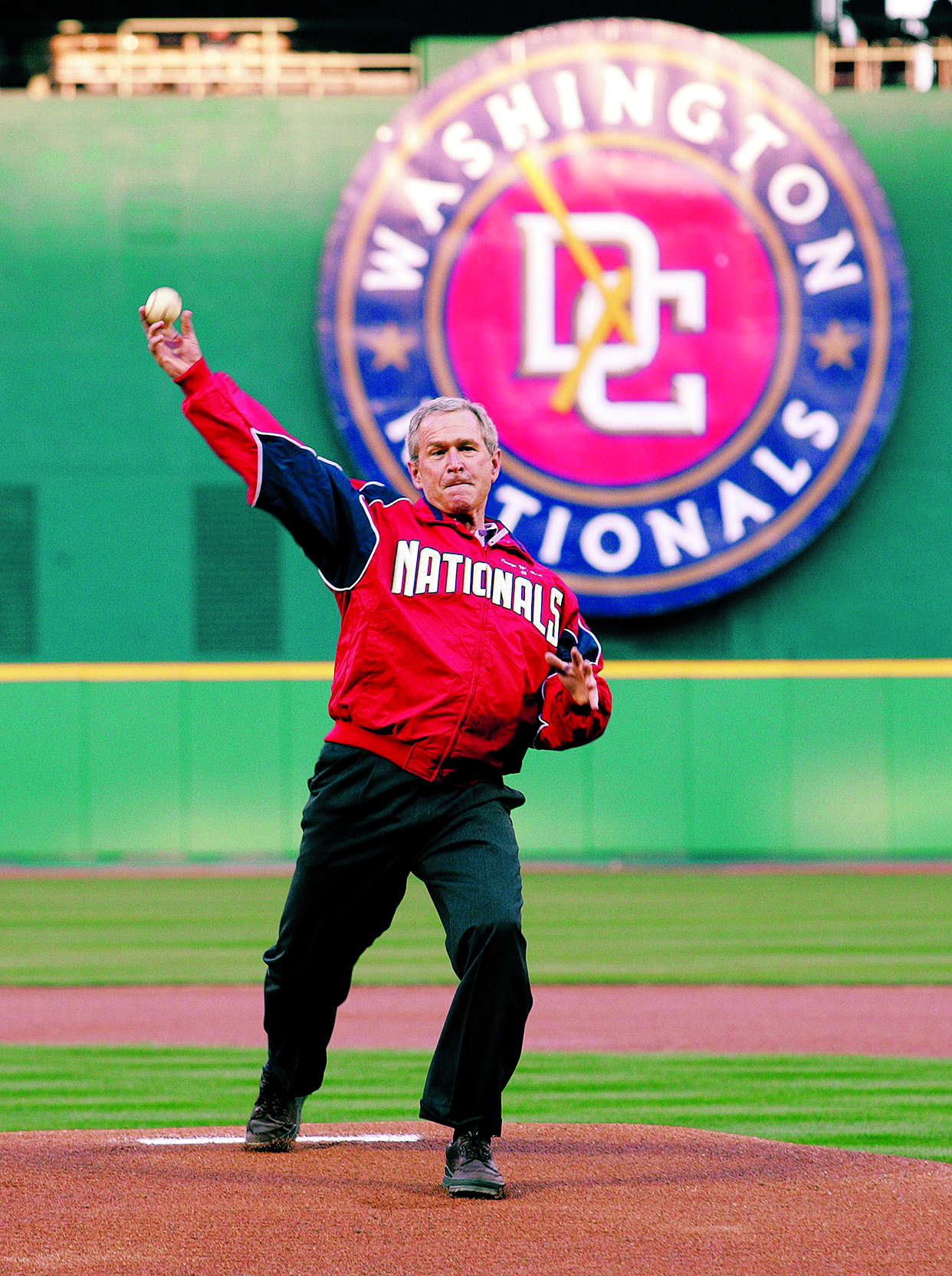
Joey Eischen, relief pitcher: “We were out there for batting practice, and I remember the snipers all around the top of the stadium. I threw a baseball to one of them. I rifled it up to him, and it just died right into his hands.”
Jim Clarke, public-address announcer: “I’m sitting there and think I’m all prepped, and then I walk into this box and there were Secret Service everywhere. Anybody who was anybody in Washington was in that stadium. I remember walking up to the microphone, and [Josh Rooney] goes, ‘You ready?’ I looked out at the crowd and thought, ‘Jim Clarke, what the hell have you gotten yourself into?’ Then Josh goes, ‘Cue the announcer.’ ”
Lars Thorn, media-relations manager: “There’s the anticipation of years and generations of Washington baseball fans waiting for this moment. And just like a World Series game, they announce all the players onto the field. Well, the announcer—who, candidly, was still learning the pronunciation for our own guys—starts reading off the names. I’m standing on the field, just outside of the dugout, and I look in. Our guys aren’t there. I think with a panic, ‘Oh, my God!’ So I use hand signals to wave up to the press box to delay the introductions, and I sprint through the tunnel for the clubhouse. As I’m running through, these Secret Service guys jump out and pretty well deck me. Then the Secret Service lead said, ‘No, no, guys. He’s cool. He’s with us.’ I kind of dust myself off and walk in-to the clubhouse. And President Bush is holding court, engaging with the guys and telling stories.”
Joey Eischen: “When Bush owned the Rangers, he traded me for Oil Can Boyd and two of my friends. I was making mention of that, and he made the comment in front of everybody: ‘Worst trade I ever made.’ ”
John Patterson, starting pitcher: “He punched me in the stomach and said, ‘I’ll be watching you, big guy.’ ”
Lars Thorn: “I literally had to cut off the President of the United States mid-sentence and say, ‘Mr. President, I hope you’ll forgive me, but our guys are being announced on the field. I need to get them out there.’ He said, ‘Oh, gosh, I’m so sorry. No problem.’ So I hustle the guys out into the dugout.”
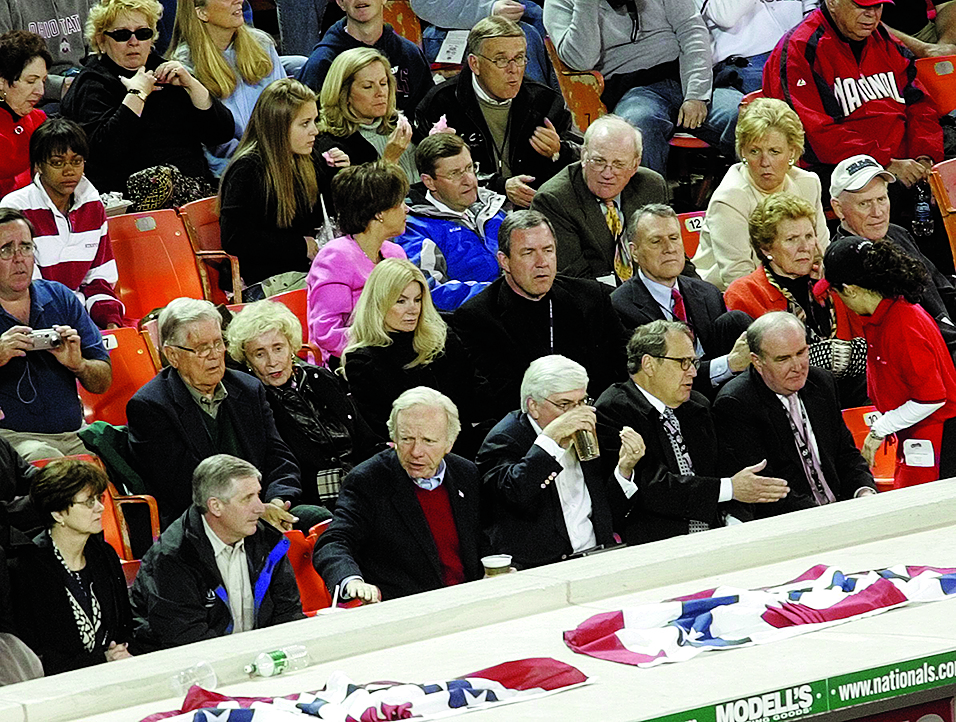
Brian Schneider, catcher: “It ended up being myself, the President, and this one Secret Service agent in the batting cage while [President Bush] warmed up for maybe 15 minutes. He’d throw a couple balls and stop and talk—he asked questions about where I was from. I got pulled aside and talked to by the Secret Service. They said if anything happened to him, ‘we’re going to take him and grab him and do our thing—you just stay put.’ After he threw the first pitch, I went and shook his hand. We took some pictures, and then it was time to get down to business.”
Chad Cordero: “Nobody knew how we were going to play. We didn’t have high expectations, and we were coming off a pretty dismal year. But the fans didn’t care. They were so excited to finally have baseball back in DC. You could feel it.”
Luke Russert, former NBC reporter, Nats season-ticket holder: “Vinny Castilla hit a home run in the sixth inning, and that really got the place jumping.”
Chad Cordero: “You could see the stands bouncing with the fans. I was like, ‘Holy cow!’ I was kind of getting nervous that the place was going to collapse.”
Joe Hickey: “After the first game [which the Nats won 5–3], we were so excited and so relieved. A bunch of us hung out in the office afterwards. Everybody had a beer, it was 10 o’clock at night. And [VP] Kevin Uhlich said, ‘Hey, team, we’ve got 80 more to go.’ ”
V. Rain Delay
Josh Rooney: “It was our first rain delay, and we didn’t have a field crew. So there were very few people that knew how to unfurl the tarp. And we’re getting radio calls: ‘We got to get the tarp on the field! MLB’s having a cow—we got to do it! We’re going to have to forfeit!’ ”
Josh Golden: “I took the Nat Pack and whatever ushers were around to help, because it was a downpour at this point. We could barely budge this thing, it was so wet.”
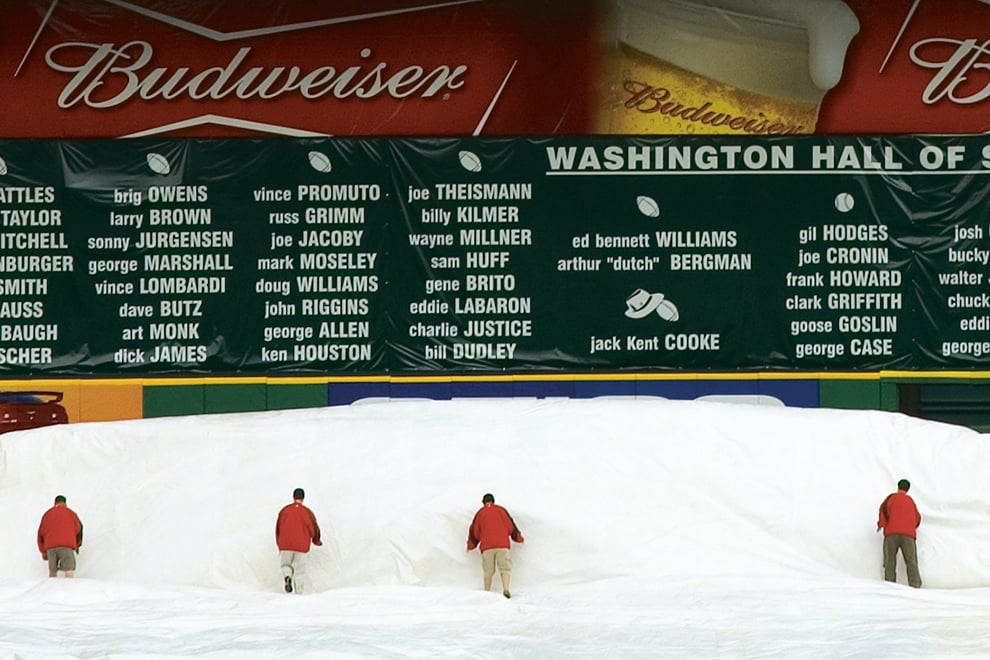
Josh Rooney: “You have 30,000 people looking on as our staff members are sliding and falling down and tripping and crawling on the field trying to get this tarp unfurled. Now, this went on for 45 minutes. Forty-five minutes.”
Josh Golden: “This was a game against the Mets [where I worked before coming to the Nationals]. I remember walking past the Mets dugout, and there was [Hall of Fame pitcher] Tom Glavine, who looked at me and very dryly said, ‘So how’s the new job working out?’ ”
Back to TopVI. Caught Stealing
Emory Waters, head of security: “The players used the parking lots for the stadium employees. There was about a seven-day road trip early in the season, and when the players got back and I met them, people were saying, ‘I got my keys—where is my car?’ I said, ‘What do you mean, where is your car?’ That’s when I looked and said, ‘Oh, wow.’ Then I could see where somebody had taken a screwdriver and popped the locks. I think two or three cars were gone.”
Joey Eischen: “All our shit was snagged. You think you’re in a stadium and it’s locked up? Nope. Everybody was flipping out.”
Carleen Mitchell: “During one game when were giving away Nationals umbrellas, I saw a group of men load several boxes of the umbrellas onto a cart and wheel them away. I chased after them. I was wearing a nice outfit and flip-flops. But I chased them all the way to Stadium-Armory Metro station and got the umbrellas back. Later, Frank Robinson heard about what I’d done and told a colleague of mine, ‘I heard that small girl ran them down. Why would she do that?’ ”
Back to TopVII. Technical Difficulties
Josh Rooney: “We had a sponsor segment, ‘The Big Move,’ which was a seat upgrade. You find a fan in the upper deck and bring him down to home plate. So we’re doing one of the first three or four of these, and Screech is up there dancing around. He’s with the fans, and he’s really excited. Then he takes a terrible tumble. He’s got these big feet, and he misjudges the steps and barrel-rolls down about four or five aisles of fans, who just get absolutely clobbered. Hats were flying. It was just a calamity. And this is all live on the scoreboard. We couldn’t switch away from it because it happened so fast.”
Josh Golden: “It was The Office does Major League Baseball.”
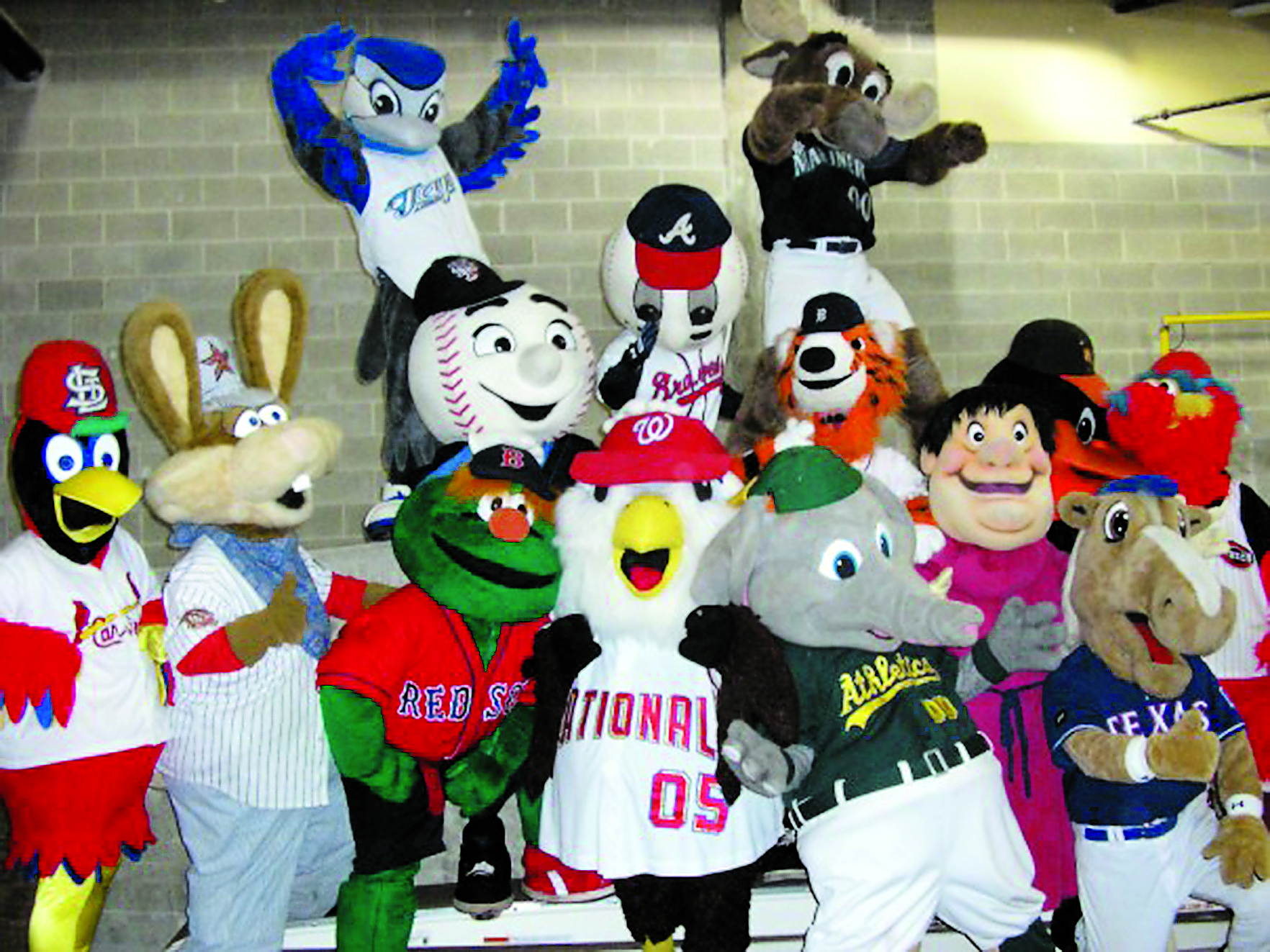
Joey Eischen: “[When a reporter asked me about Baltimore Orioles owner Peter Angelos’s dissatisfaction with the franchise’s move to DC], I told [the reporter], ‘The Washington Nationals are here to stay, so he’s going to have to suck on it and like it.’ I said that in the paper. [Manager Frank Robinson] was very good friends with Mr. Angelos, so that wasn’t a good thing to do. Frank called me into his office and handed me the phone. He said, ‘I have someone you need to talk to and apologize to.’ I told Mr. Angelos I was sorry, I was just having fun. And I said, ‘I’d like to play for you down the road, so I really don’t want to piss you off.’ ”
Mel Proctor: “Here’s the worst thing of all, though. We’d done about ten games, I guess. Get up every day. Put on your coat and tie. Walk to the ballpark. Do the game. Well, our producer and director let it slip one night over drinks that because of a cable dispute, the games were actually not being seen by anyone. I said, ‘What?’ He said, ‘Yeah, your games are not leaving the production truck. Nobody’s watching.’ I was so pissed off. They let us go out to the ballpark every day thinking we were doing a game. So the next day, I went on the air and said, ‘Look, we understand there’s a problem, that our games are not reaching people and a lot of you missed out on Opening Day.’ I said, ‘I’m going to find out for sure whether there’s anybody watching. Here’s my cell-phone number. If there is a single person out there watching, call my cell phone.’ So the phone rings, and it’s a guy from our own production truck. He goes, ‘Go, Nats!’ But that was the only person who was able to see those games.”
Josh Rooney: “In one particular game, we got a call that said, ‘The third-base-line ribbon board is on fire.’ A ribbon board is like the third-base-line scoreboard. It caught on fire in the middle of a game. So in a panic, the director of operations ran into our control room and we had shut everything down. Another team official comes in and he’s running around, and they’re trying to pull cables. They had to stop the game. When you stop a Major League Baseball game, that’s a big deal.”
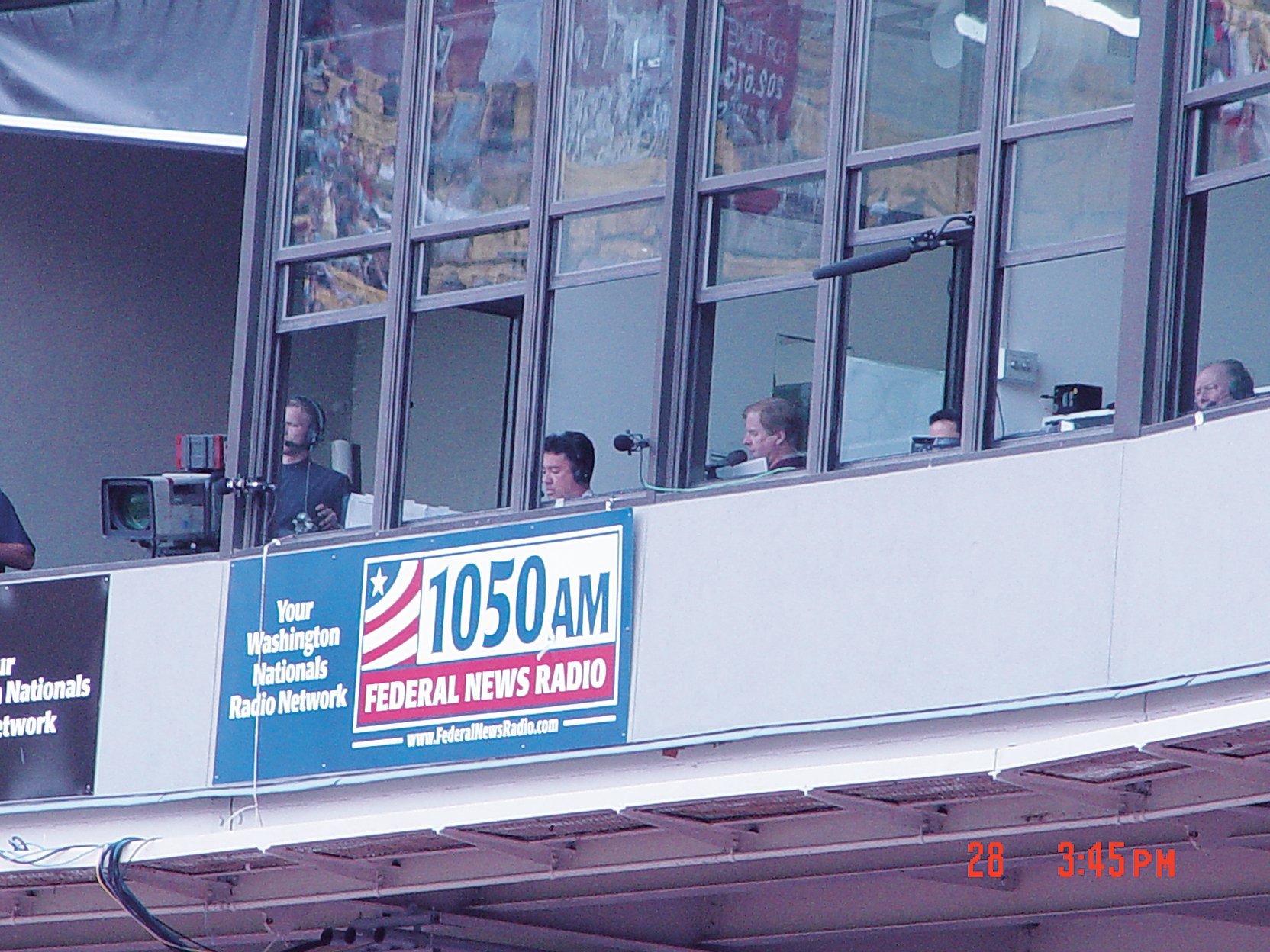
Kellee Rogers, production coordinator: “One time, the radar gun went out. So I walked down with an engineer to help him fix it. There was a metal box that housed the equipment for the radar gun right behind home plate, in what was called the presidential seats. The engineer said, ‘Kellee, put your hand in there.’ I’m like, ‘No. I’m not sticking my hand in there. Did you see that? That’s a tail!’ He said, ‘You know what? That is a tail!’ We took the box apart and saw that a rat had literally eaten through the cabling and it exploded. The rat exploded. It ate through the cord. Those rats at RFK were the size of small dogs.”
Mel Proctor: “After every game, we would go to the Old Ebbitt Grill. That’s where we would drown our sorrows and talk about how bad things had gone that night.”
Kellee Rogers: “Let me tell you, that was the best worst, horrific time, best time in my life.”
Steve Roche, who played Screech: “There were a lot of times where the players, because they didn’t know where to go out, would look to the Nat Pack and Screech to kind of inform them. Like, ‘Hey, we’re all going out to this place—do you want to go eat?’ It was kind of like, ‘We’re looking to make friends, and we see you guys around the stadium.’ I distinctly remember going out with Chad Cordero and a couple other players, because they were like, ‘Listen, it’s a Saturday game, we don’t play again until Monday.’ It was like, ‘Oh, I’m going out with professional baseball players.’ And it’s a Saturday night and this is kind of normal.”
VIII. Winning
Brendan Harris: “It was really important to get off to a good start. You didn’t want fans coming just because it was new. Especially because Washington is a transient town. There’s a lot of initial loyalties to other regions and teams.”
Jonathan Karl, ABC News chief White House correspondent and Nats season-ticket holder: “At first, it was like, ‘Oh, isn’t this cool? Baseball’s coming to Washington.’ Like when your favorite team is in town, you can come see them play the Nationals. But then they become a ragtag team that’s winning. And what I recall was pretty quickly getting the sense that this is a hometown team. A team that is quickly developing a following.”
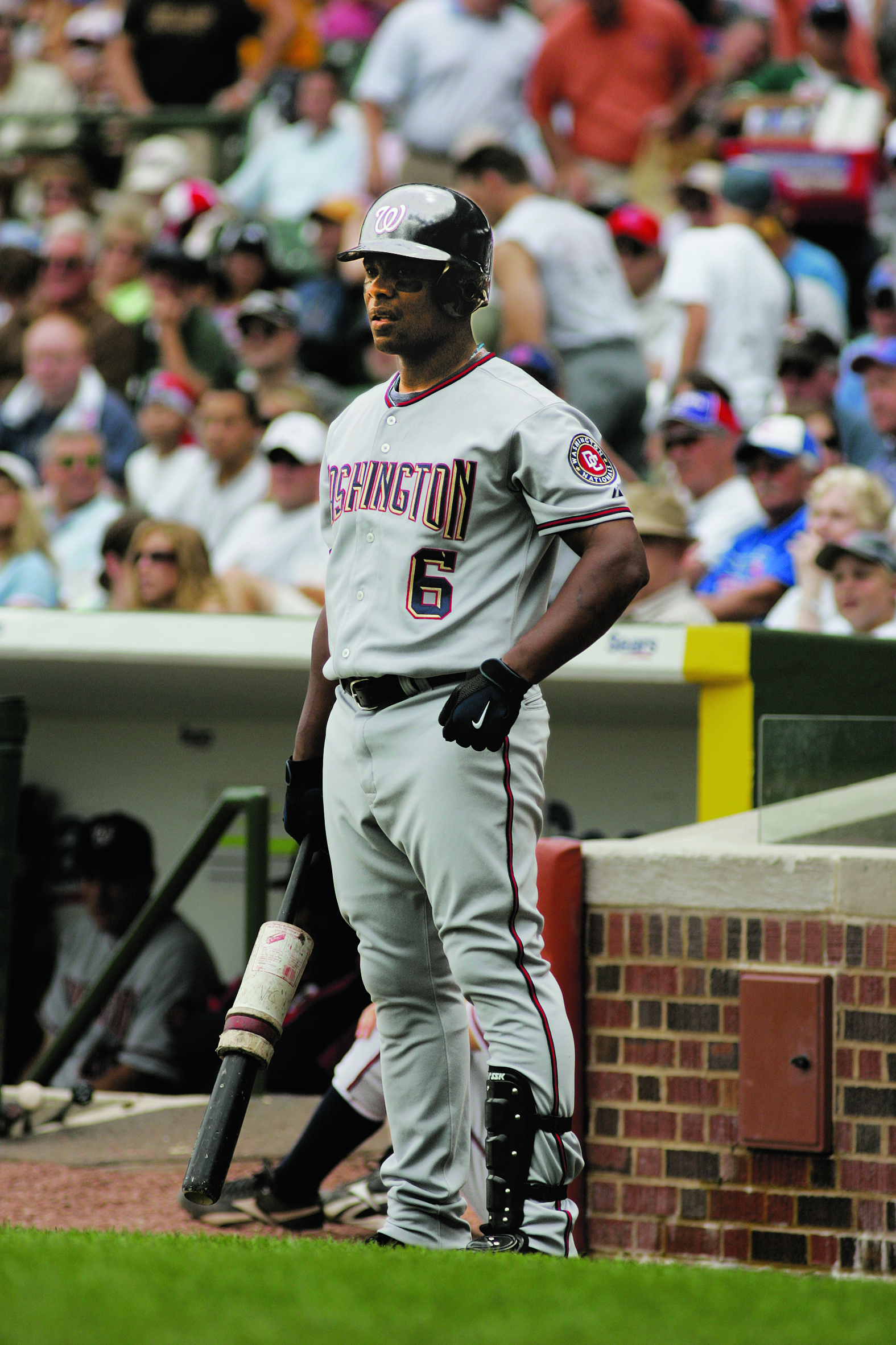
Gary Majewski, relief pitcher: “The majority of the team came from Montreal, and it was like, we have no fans. Then all of the sudden, it’s pretty much packed and these fans are actually pulling for you.”
Ryan Church: “There were days where you’d hit a home run or something, you’d come back to the dugout and look up in the stands and everybody’s jumping. The whole thing is moving. It was like, ‘Holy crap—this is crazy!’ ”
Jim Bowden, Nationals general manager: “We had our first draft in June. The whole idea there was we wanted to get the face of the franchise. We had the fourth pick, and we thought, ‘How can we get a local kid? Who can be that guy to represent what we wanted Washington to be represented by baseball-wise and in the community?’ And Ryan Zimmerman fit all of that.”
Ryan Zimmerman, third baseman: “I was in my parents’ house in Sandbridge, Virginia. The draft wasn’t televised like it is now—you basically kind of listened to it on a computer. I was not very highly recruited out of high school. I have the September birthday, but my parents used it the other way: to get me to school quicker so they could get me out of the house. So physically, I was a year behind everyone else. It was sort of a surreal moment. Growing up in the Virginia Beach area, going to the University of Virginia, and then getting drafted by the closest team possible to where I grew up, it was ideal.”
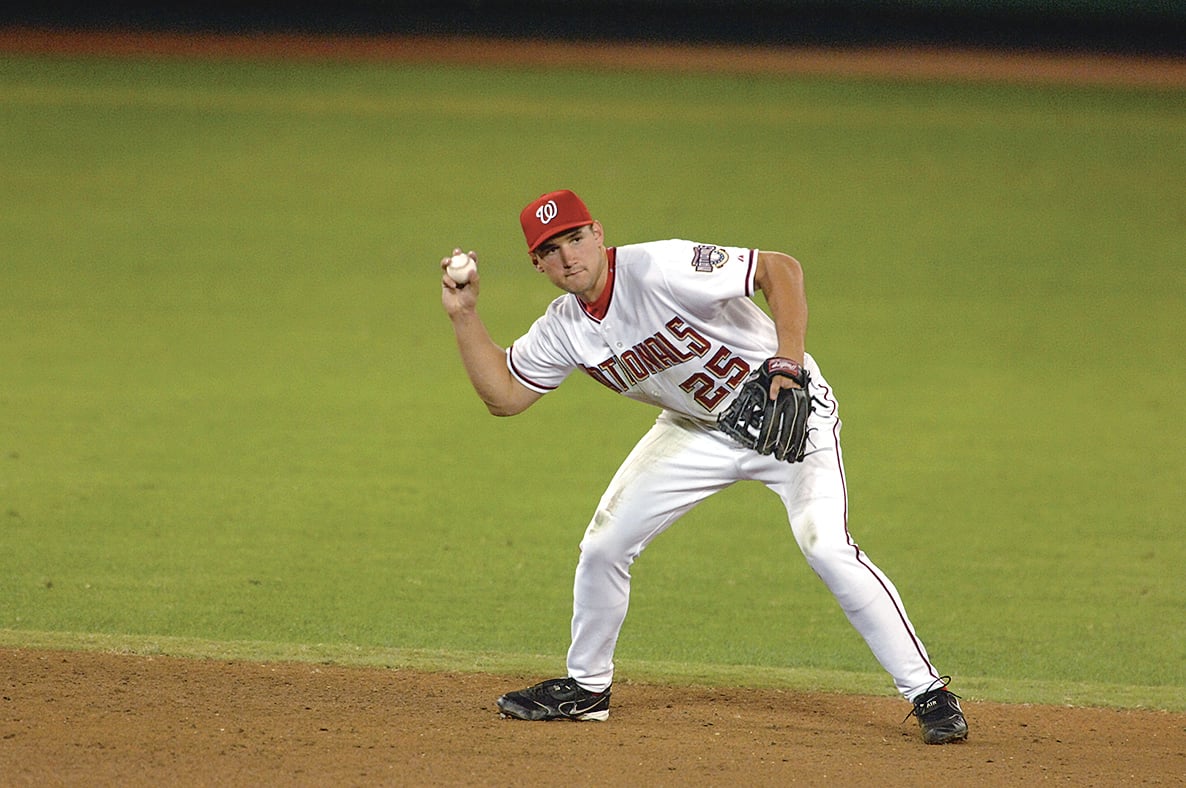
IX. Things Go South
Aaron Chang: “We’re in first place just before the All-Star break and it was like, ‘Wow, we really have a chance here.’ Then come August, I’m in meetings with Major League Baseball to talk about playoffs. It was like, ‘Okay, now what do we need to do in case we have playoffs?’ Typical superstition of baseball: You start having meetings about playoffs, and then we bombed out.”
Mel Proctor: “They were winning all these one-run games. It was amazing. I had a friend named Gene Mauch, who had managed several different teams. I always remember something he said. He said most one-run games are lost—they’re not won. What he meant was: If you continue to play one-run games, especially if you are having some success, eventually it’s going to turn. And that’s what happened. They were in first place or tied for first place at the end of the first half of the season. Then in the second half, all of those one-run games they were winning, they’re losing. And they just had this long losing streak.”
Jamey Carroll, infielder: “I remember being in San Diego, getting to the field early and hearing somebody in the batting cage. The cage door was locked. We walked to the cage to figure it out, like, ‘Who’s here so early?’ Then 20 minutes later, [Frank Robinson] walked out sweating and saying, ‘I don’t understand why it’s so hard for you guys to hit.’ ”
Mel Proctor: “They dropped into last place, and that’s where they finished.”
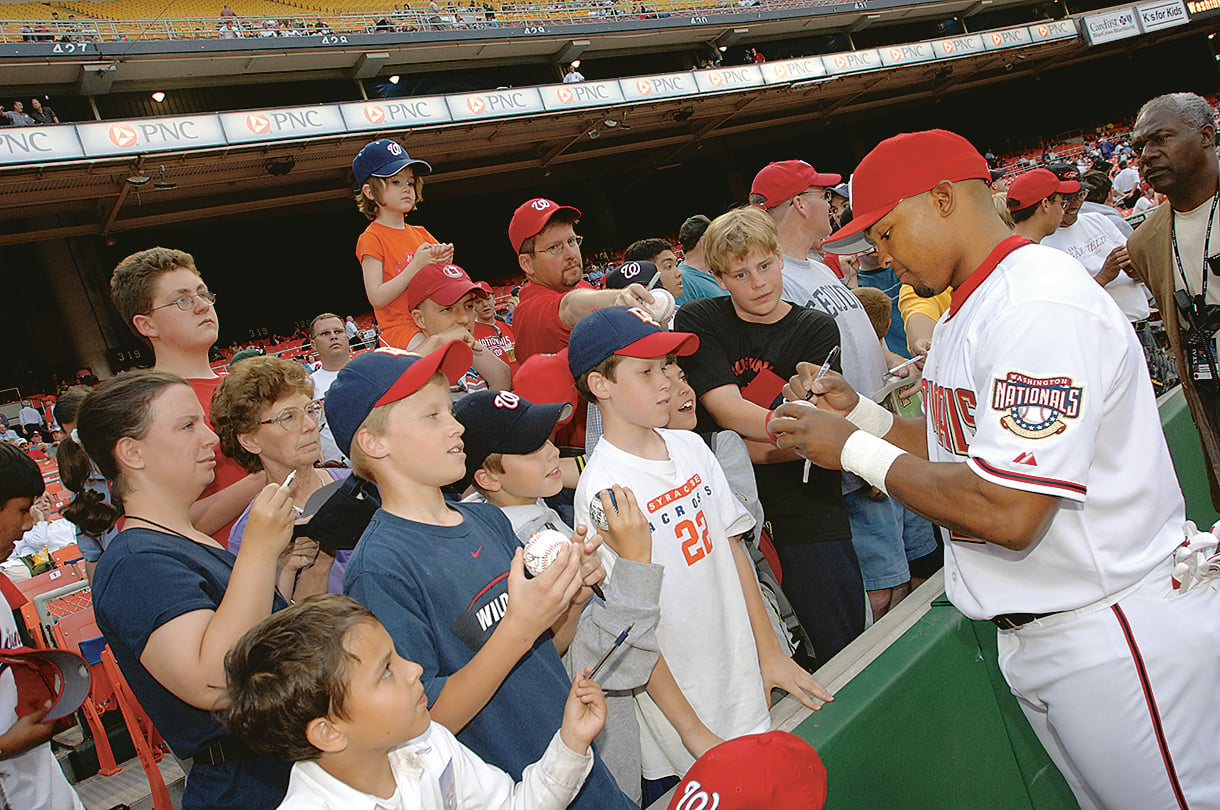
Ryan Zimmerman: “My actual first day [after I was called up in September] was in Atlanta, and then the team was flying back to RFK.”
Jim Bowden: “To look at Ryan Zimmerman’s face when he walked in to meet Frank Robinson for the first time, I watched him shake a little bit and be nervous—that was a really cool moment.”
Ryan Zimmerman: “Talk about being intimidated. You’re walking into a guy’s office who is a living legend, who’s won the MVP in both leagues. He’s the first African American manager—you talk about a guy who’s done unbelievable stuff. And I’m a 20-year-old kid. There’s definitely a little bit of doubt and insecurity. But from that first meeting on, he made me feel comfortable.”
Jamey Carroll: “As bummed as you are to not get into the playoffs, you think, ‘Now we’re headed in the right direction.’ ”
Back to TopEpilogue
George Will, columnist and season-ticket holder: “Washington was beginning to learn baseball again. What I mean by that is this: Football is a spectacle. Baseball is a habit. I was on a blue-ribbon panel about baseball’s future, and we did some research and found that 95 percent of self-described NFL fans have never been to an NFL game. They be-come fans just by television. The action is compact, and there is a lot of it. Baseball fans are sustained by television but made by going to the ballpark. Seeing the green, smelling the hot dogs, all that poetic stuff. So Washington had to reacquire the habit, which it has been doing. And it doesn’t happen overnight. Habits don’t.”
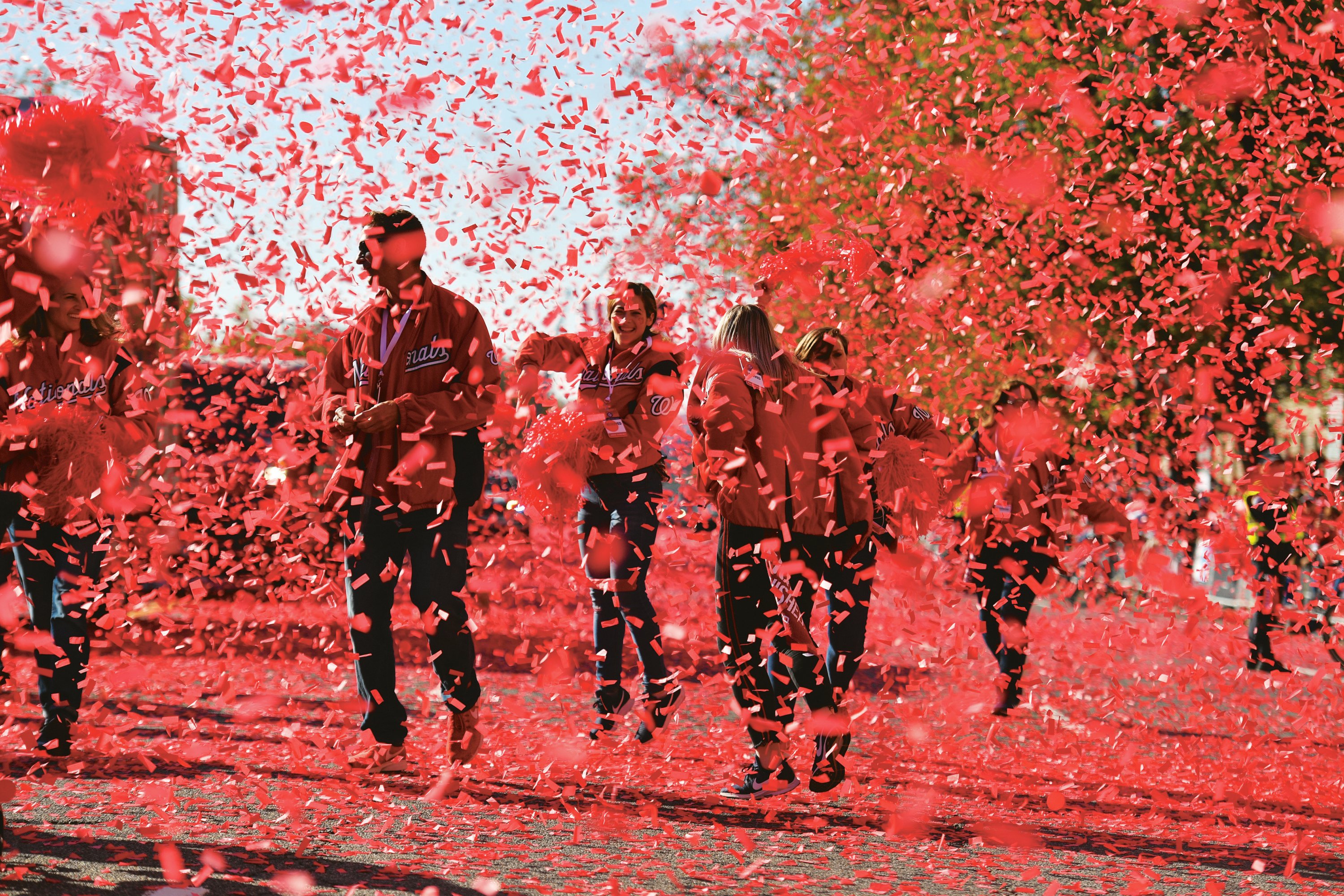
Ryan Zimmerman: “That season was definitely a big part of where we are at today. Having the Senators here for so long and then having a huge gap where you don’t have a team, you basically missed a generation of fans, who are either Orioles fans or didn’t really pay attention to baseball that much. So now you kind of see those kids—that generation that missed baseball. Now they’re taking their kids to the games.”
Aaron Chang: “I’m a season-ticket holder now. I love being a fan again. I went to the first World Series home game last October. And I will say that when I walked into the ballpark through the center-field gate, I was actually really surprised at how I had this emotional feeling. I felt very proud. I thought back to that first year. I thought back to the trailers. I thought back to the people I worked with—the Josh Goldens and the Josh Rooneys and the Carleen Mitchells. I just felt really proud to have been there at the beginning. I gave myself the metaphorical pat on the back. I thought, ‘Okay, we’re here at the World Series. I had a very, very, very small part in the beginning of this.’ ”
This article appears in the April 2020 issue of Washingtonian.
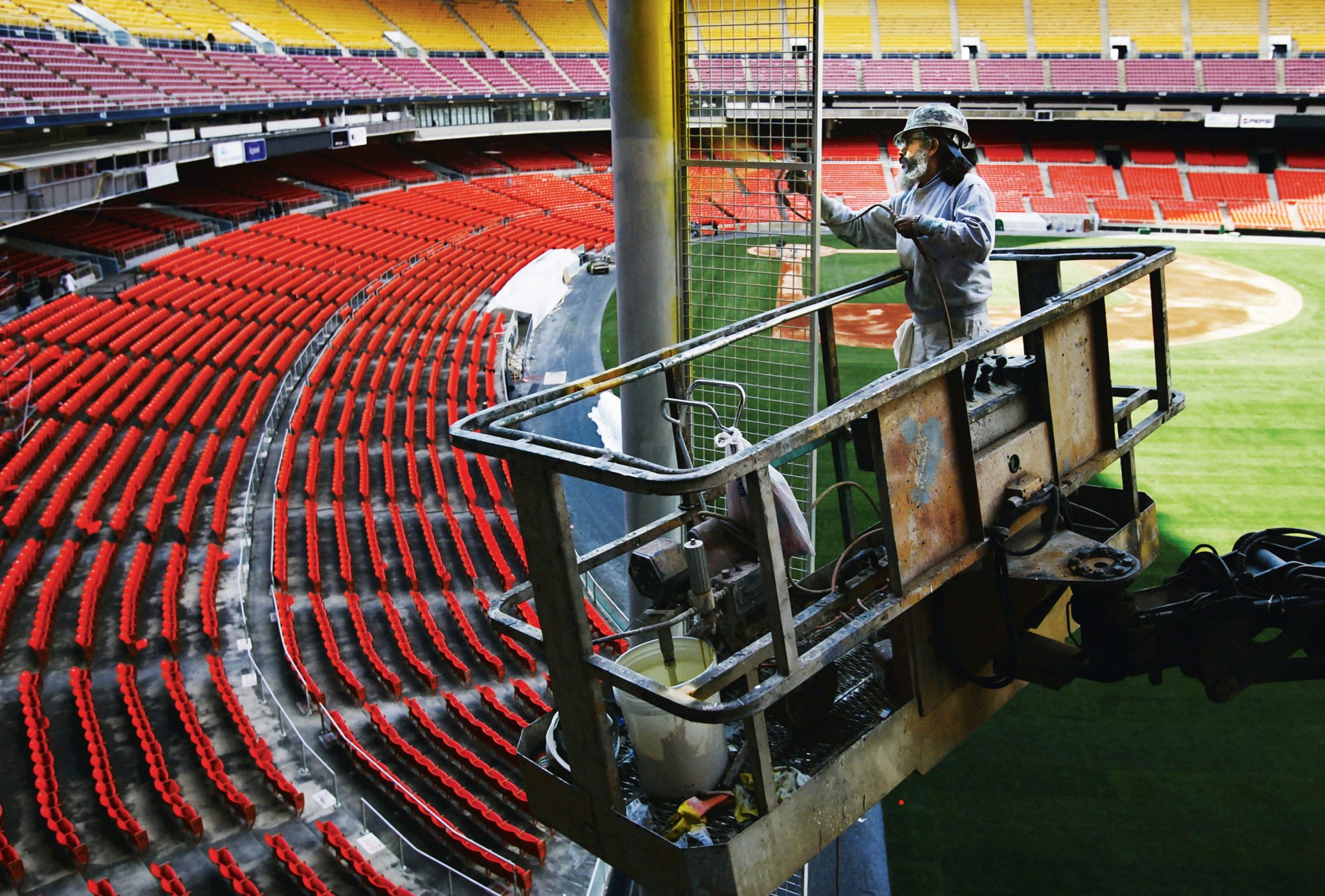
![Luke 008[2]-1 - Washingtonian](https://www.washingtonian.com/wp-content/uploads/2017/10/Luke-0082-1-e1509126354184.jpg)





